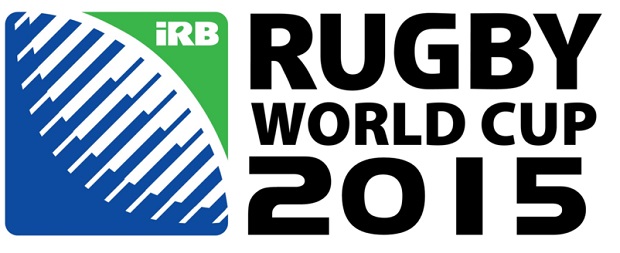For marketers looking to capitalise on the upcoming Rugby World Cup, new research indicates that the event will attract many new fans, with mums most likely to get caught in the hype.
As the Rugby World Cup approaches, an analysis by Exponential of the online behaviour of over 3 million Britons reveals how the fan-base changes in a World Cup year as well as new stereotypes between rugby and football fans.
Rugby fans more cultured
Compared to football fans, rugby fans do tend to have more cultural and educated pursuits – being over 3x more likely to be interested in film festivals, nearly twice as likely (89%) to be into puzzles/quizzes and around 40% more likely to research theatre/arts tickets and read novels or poetry.
Rugby fans are over 4.5x more likely to be into the TV programme Sherlock. In contrast, football fans are 4x more likely (300%) than rugby fans to be interested in reality TV, 183% more likely into games shows, 130% more into wrestling and 125% more into the X-Factor.
Are rugby fans more ‘British’?
Rugby fans tend to exhibit greater interest in British things across a range of areas. They’re 133% more likely than football fans to be interested in Rolls Royce and 56% more into Vauxhall cars.
“It’s ironic Rugby fans are more interested in Vauxhall – which is a long term sponsor of the English football team,” said Doug Conely, Exponential’s chief strategy officer. “It suggests Vauxhall should consider getting involved in rugby sponsorship as it would have a bigger and more efficient impact – particularly as the cost of involvement is likely to be much lower than in football.”
Rugby fans are also more interested in British icons such as Harry Potter (4x more likely), Coldplay (39%) and darts (31% more likely).
Rugby’s stronger female following
Rugby’s fan base is less likely than football’s to be male-dominated, with a higher interest in various female-related topics. Rugby fans are 71% more likely to be into knitting than football fans and 45% more interested in make-up and hairstyling. Rugby fans are also 41% more likely to research cake recipes.
“Whilst the research confirmed some stereotypes about rugby fans being more cultured and educated than their football counterparts, it did throw up some surprises such as their greater interest in darts,” said Conely – a long-suffering Scottish rugby fan. “Also, whilst rugby enthusiasts may gloat their sport is more about strength and manliness than football, their own fan-base is much more likely to be into an array of female-related topics.”
Jumping on a World Cup bandwagon
Exponential analysed the online behaviour of people interested in rugby union in 2014 compared to 2015 to see what effect a World Cup has on the type of people interested in the sport.
Women (especially mums) are likely to jump on-board the World Cup bandwagon with children’s shopping, recipes, home interest, make-up and hair styling seeing large ‘uplifts’ in interest. For instance, 2015 rugby fans are 81% more likely than their 2014 counterparts to shop for children’s toys, 74% more likely to research beef recipes and 63% more likely to be looking at kitchens.
“In the lead-up to the World Cup, the rugby audience becomes more diluted as the wider sports community jumps on board to join in with the excitement,” noted Conely. “The ‘bandwagon’ fan is female and affluent and their non-rugby interests provide an excellent opportunity for rugby marketers to start a long-term conversation. Rugby clubs for example have probably rarely considered advertising in media related to recipes, kitchens or toys but these could provide an excellent ROI, particularly where there are less-competing brands and media costs could be lower.”
Methodology
The data is based on the analysis of actual online content consumed through 3.2 million cookies between December 2014 and June 2015. It is not based upon people filling in surveys. The data is anonymous and aggregated at the server level, so no one individual can ever be identified.
Source: www.exponential.com
